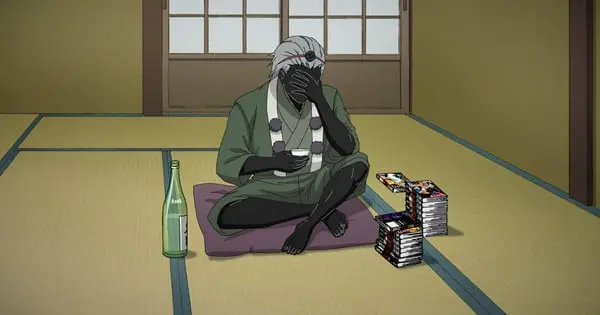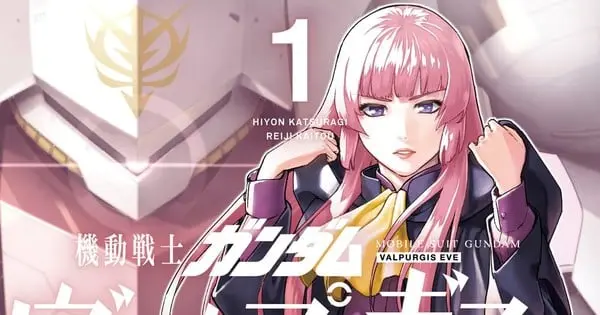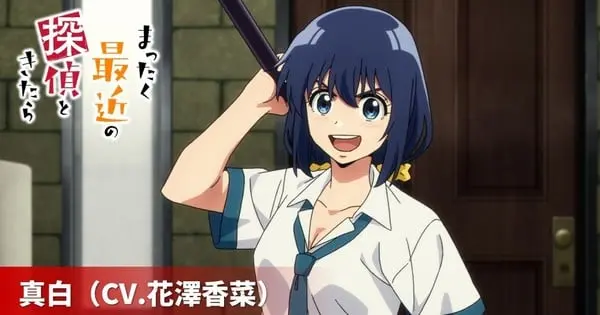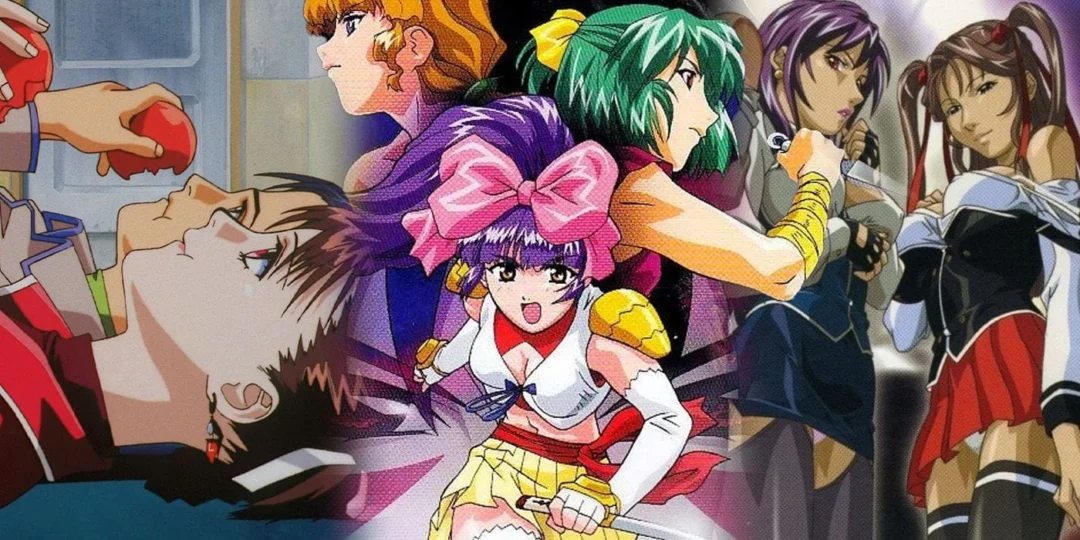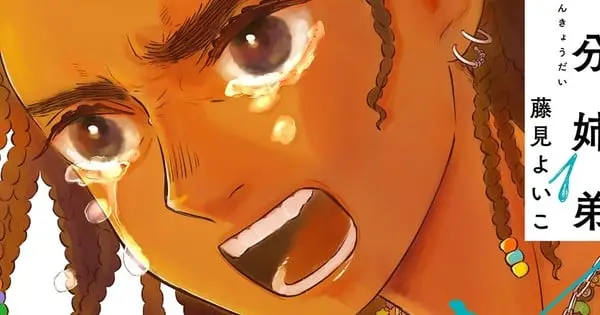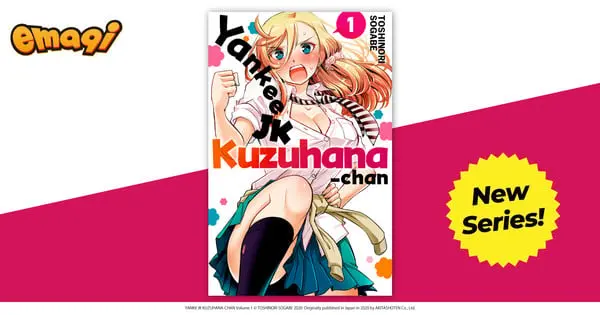One of the world’s largest adult manga piracy websites, Nhentai.net, is aggressively pushing back against a lawsuit aimed at shutting it down. In a recent U.S. court filing, the site has labeled the legal justifications for its takedown as “egregious,” escalating the ongoing battle over copyright infringement in the digital manga world.
Nhentai Counters Copyright Infringement Claims
The legal battle began when PCR Distributing, a company seeking to protect its copyrights, filed a lawsuit against Nhentai. PCR demands the site’s transfer to its control, financial compensation, and, should the site remain operational, a court order to block access within the United States. However, Nhentai is not backing down. On January 6, the site filed a motion to dismiss PCR’s complaint, citing numerous legal flaws.
Nhentai’s legal team stated, “There are numerous legal bases on which Plaintiff’s Complaint should be dismissed. It is difficult to determine which is the most egregious.” This bold statement underscores the site’s confidence in its defense and its willingness to challenge the legal action.
The Core of the Dispute
PCR’s lawsuit accuses Nhentai of massive copyright infringement by hosting a vast collection of adult manga, much of which is commercially produced and shared without proper authorization. According to the lawsuit, the site attracts over 79 million visits per month. This traffic generates substantial revenue for the site through advertisements, while simultaneously depriving manga creators and publishers of their rightful earnings.
A key point of contention revolves around the claim that J18, a source of some of the manga content, allegedly provided email authorization to host the material. PCR vehemently disputes this, asserting that the email did not constitute permission. Instead, PCR claims that they offered Nhentai the option of keeping the content accessible if J18 could run ads linking to legal platforms where users could purchase the manga. This offer was reportedly declined, which further aggravated the situation, leading to the current legal confrontation.
A History of Manga Piracy Crackdowns
The fight against manga piracy is not new. Over the years, various legal actions have been taken against sites that illegally distribute manga content. In Japan, the now-defunct site “Mangamura” was ordered to pay ¥1.7 billion (approximately $11 million USD) in damages to three major publishers. This ruling represents the largest compensation ever awarded in a Japanese piracy case, illustrating the severity with which the country views such infringements.
The operator of Mangamura was also sentenced to three years in prison and fined over $650,000. Despite this, the former owner stated that he had “absolutely no intention” of paying the fine, showcasing a defiant stance reminiscent of other infamous online personalities who have faced similar legal battles.
These cases highlight the significant financial impact of manga piracy on the industry. One report estimated that piracy cost the manga industry nearly $7 billion in Japan alone during the first ten months of 2021. This immense loss underscores the critical importance of protecting copyrights and enforcing intellectual property rights.
Types of Manga Piracy Sites
Manga piracy websites come in various forms:
- Complete Posting Sites: These sites upload entire chapters or volumes of manga immediately after their release without permission.
- Text Spoiler Sites: These sites detail the latest story developments and dialogues, often accompanied by images.
- Linking Sites: These sites do not host the content directly but provide links to other sources hosting illegal materials.
All these methods, regardless of the approach, constitute copyright infringement and cause substantial financial damages to creators and publishers.
The Global Nature of Manga Piracy
The problem of manga piracy is not confined to Japan or the United States. Many piracy sites operate outside the jurisdiction of these countries, making legal actions complicated. The domain-hopping technique, where operators frequently change domain names, further complicates matters by making it difficult to track and shut down these sites.
In response, the manga industry is working on multiple fronts:
- Legal Actions: Publishers and legal bodies are actively filing lawsuits and injunctions against piracy sites.
- Technological Measures: Developing proprietary technology to detect piracy and employing other technological countermeasures.
- Industry Collaboration: Working with legal authorities, internet service providers, and other stakeholders to implement anti-piracy strategies.
- Promoting Legal Alternatives: Encouraging readers to use legal avenues to access manga, which supports the industry and its creators.
The Evolving Legal Landscape
The legal landscape surrounding manga piracy is continuously evolving. In 2020, Japan amended its copyright law to target online manga piracy more effectively. These changes allow for stricter crackdowns on sites that upload copyrighted content without permission and generate substantial advertising revenue.
However, some free sites claim that they operate in a legal grey area by focusing on fan translations and avoiding direct monetary gains from the manga itself, instead relying on ads and donations. These sites argue that their activities are not strictly “piracy,” especially when no official translations are available, adding another layer of complexity to the legal discourse.
A User’s Perspective on Piracy
The rise of manga piracy is fueled by various factors, including the demand for immediate and free access to content. In the past, the limited international distribution of manga created a void that fan-based scanlation groups tried to fill. However, with the increasing availability of legal and official translations through online services and apps, the justification for accessing illegal platforms becomes weaker.
The user experience on legal platforms has improved considerably, offering better quality and support for the manga industry. By choosing legitimate services, readers can directly support the creators, ensuring the continued production of their favorite manga.
The Fight Continues
The ongoing legal battle between PCR and Nhentai highlights the continuous struggle against manga piracy. While legal actions and technological advancements have made an impact, the fight is far from over. The determination of manga publishers and the resilience of piracy sites indicate that this battle will persist. It is a complex issue involving legal nuances, technological challenges, and evolving reader behavior.
The case of Nhentai, with its bold counter-claims and its massive user base, serves as an example of the complexity of this problem. As the digital landscape continues to evolve, so will the tactics used by both sides, keeping this issue at the forefront of the entertainment industry’s concerns. This constant back-and-forth between publishers and pirates emphasizes the ongoing need for innovative solutions and collaborative efforts to protect the rights of content creators in the digital age.

